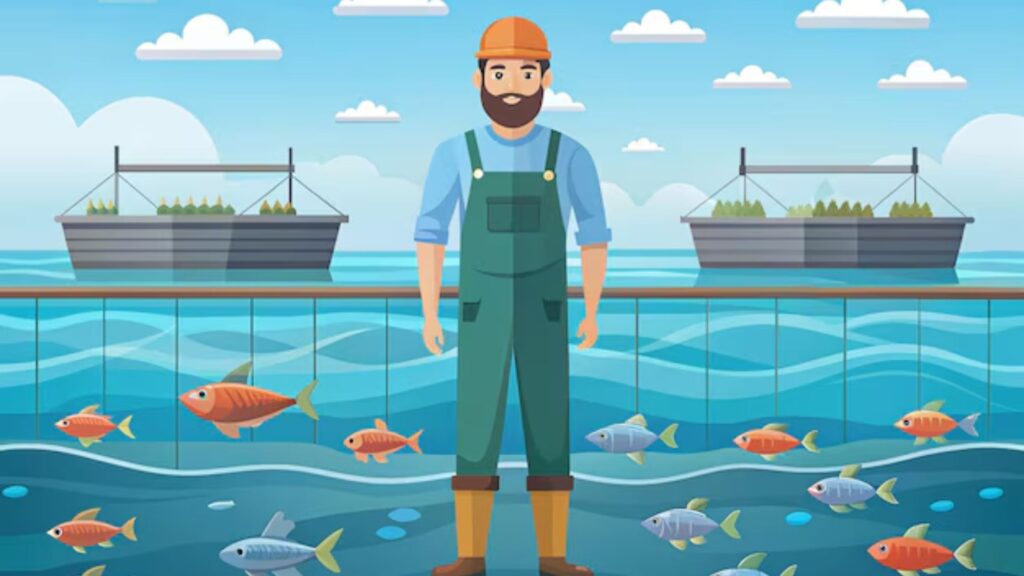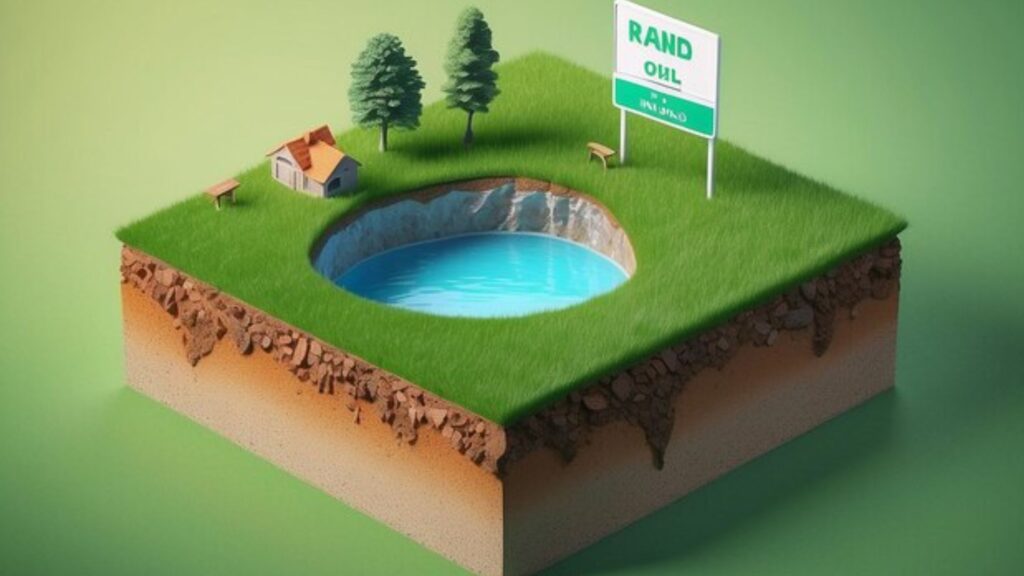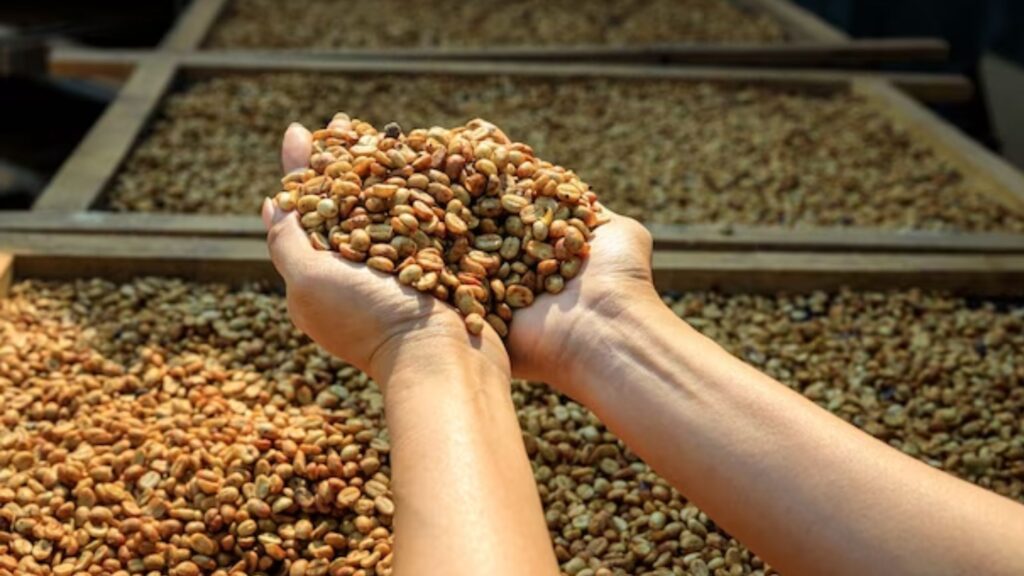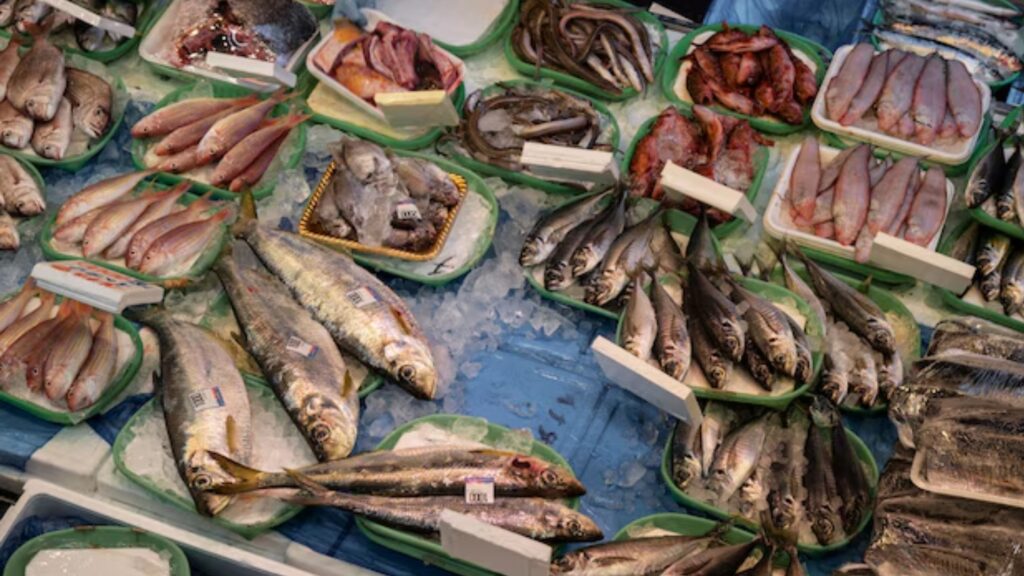Starting a fish farming business (fish farm business) can be a great opportunity, especially if you have limited capital. In this business, you can earn good profits even with low investment. The biggest advantage of fish farming business is that it does not require much land or expensive facilities. You can start it on a small scale and gradually expand it with your experience and profits.

Table of Contents
To start this business with low investment, first of all you have to decide what type of fish you want to rear, such as tilapia, catfish, rohu, etc. Also, using low-cost resources, such as building a pond or tank with locally available materials, can be helpful in reducing your costs. Also, learning about fish farming best practices, such as the right diet, water quality management, and disease control, is important to ensure that your fish stay healthy and losses are reduced.
1. Select fish species: According to market demand and local climate
Before starting a fish farming business, it is important to understand which types of fish are most in demand in your area. Some fish such as rohu, katta, tilapia, and catfish are often popular in the market and are in high demand. You should analyze your target customers and market requirements so that you can select species that can sell quickly and give you good profits.

When selecting fish species, it is important that you keep in mind your local climate and water conditions. Some fish thrive in cold water, while some need warm water. For example, tilapia and catfish grow better in warm water, while fish such as trout grow well in cold water. Selecting the right species according to the climate will lead to better growth of the fish and also make them easier to care for.
When selecting species, one should also look at how well they are suited to your farm conditions. Some fish grow fast and gain good weight in a short period of time, which can reduce your costs and increase profits. Apart from this, you should also check if the feed and other requirements for these fish are available locally. Ensuring species compatibility increases the chances of your fish farming business’ success.
2. Secure Location: Get Land or Space for Pond or Tank
The first thing that is needed to start a fish farming business is to select a proper location. You should find a place that is suitable for your fish farm. This place can also be near your house, which will make monitoring and care easier. If you want to do the business on a large scale, you will need more land, but if you are starting on a small scale, even a small pond or tank can suffice with less space.

While selecting the location, it is important to ensure that there is adequate availability of water, as regular supply of clean and fresh water is necessary for fish farming. Apart from this, it should also be seen that there are good roads to reach the location so that you can easily bring feed, equipment and other necessary things for the fish. Also, it would be even better if this place is near the market, as this will help in selling your products quickly and easily.
If you are planning to rent land, read the terms of the contract carefully and make sure that fishing is allowed there. The safety of the location and the surrounding environmental conditions are also important, as you want your fish to thrive in a safe and healthy environment. Choosing the right location will ensure the success of your fish farming business and long-term profits.
3. Get Fingerlings: Buy Healthy Fish Seeds from a Reliable Supplier
When selecting fish fingerlings for fish farming, it is extremely important to ensure that you buy healthy and quality fingerlings. To identify healthy fingerlings, you can contact different suppliers and review their quality. Healthy fingerlings usually look active and fresh, and have no spots or signs of disease on their skin. It is also important to check the certifications obtained from the supplier and information related to the hygiene of the fish.

Buying fingerlings from a reliable supplier ensures that you are getting quality and healthy fish seeds. Establishing a good relationship with the supplier can help you get fingerlings on time and at a reasonable price. Apart from this, you can also get advice on fish care, diet and husbandry from the supplier, which can be crucial for the success of your fish farming business.
After buying fingerlings, it is also necessary to set them up correctly. Before adding new fingerlings to your pond or tank, they should be gradually introduced to the new environment. This will make them feel less stressed and adjust to the new environment quickly. Healthy and good quality fingerlings play an important role in the success of your fish farming business.
4.Ensure Proper Water Quality and Filtration System
Water management plays a major role in the fish farming business, as the health and growth of fish directly depend on the water quality. As a first step, it is necessary to ensure that the water quality in your pond or tank is good. For this, the pH level, temperature, and oxygen content of the water must be measured and controlled regularly. For good water management, you must also control the amount of nitrates, ammonia, and other harmful substances in the water.

Setting up a filtration system is also extremely important, as it helps keep the water clean and clear. To select an effective filter system, you must have an understanding of the different types of filters, such as mechanical filters, biological filters, and chemical filters. Mechanical filters help remove large particles, while biological filters destroy ammonia and nitrates. Chemical filters are helpful in removing any harmful chemicals in the water.
To ensure proper water management, do not forget to regularly check the water quality and clean the filter system. Any change in water temperature and quality can adversely affect the health of the fish, so proper monitoring and regular maintenance is essential. A good water management system will play a vital role in making your fish farming business successful.
5. Provide Nutrient-Rich Diet at Regular Intervals
Feed management is an important aspect of fish farming, as the growth and health of fish are directly related to their diet. To get the right nutrition, it is necessary to provide high-quality and balanced diet to the fish. The diet should contain the right amount of proteins, carbohydrates, fats, vitamins, and minerals so that the fish can grow rapidly and stay healthy. The right diet should be selected based on the species of fish, their age, and stage of growth.

It is important to supply the feed at regular intervals so that the fish always get enough food and grow at a normal pace. It is important to prepare a proper feed schedule and follow it disciplinedly. Over-feeding should be avoided, as it may affect the water quality and increase the risk of disease in fish. Conversely, underfeeding will not keep the fish healthy and may stunt their growth.
For feed management, you must periodically evaluate the correct amount and type of fish feed. Along with the diet, attention should also be paid to the quality of water, as any kind of dirt or residue in the water can affect the health of the fish. Proper feed management keeps the fish healthy, their growth is better, and your fish farming business becomes successful and profitable.
6. Monitor Growth: Check the Health and Growth of Fish Regularly
Regular monitoring of the health and growth of fish is extremely important in a fish farming business. This ensures that the fish are growing at the right amount and any potential problems can be addressed in time. To monitor the growth of the fish, you can measure their average length and weight at regular intervals. Also, pay attention to their activity level, food consumption, and their external condition (such as spots on the skin or parasites).
Health monitoring is equally important, as it helps in detecting any diseases or infections in time. During a health check of the fish, you should review the condition of their eyes, gills, and skin. Any abnormal symptoms, such as lethargy, decreased appetite, or strange behavior, should be taken care of immediately and appropriate treatment or advice should be received.
Also, you should regularly check the water quality of your pond or tank, as poor water quality can affect the health of the fish. Creating a systematic plan to monitor the growth and health of the fish and implementing it consistently will contribute significantly to the success of your fish farming business. Healthy and fast-growing fish will not only bring profits to your business, but it will also put your hard work and investment in the right direction.
7. Harvesting and marketing of fish: Cut the fish and sell it to the local market or buyers
Harvesting and marketing of fish are the final stages of the fish farming business, which ensure the measurement and profit of your efforts. The time of harvesting the fish depends on their growth stage and market demand. It is important to harvest the fish at the right time, so that they can reach the proper size and weight and maintain their quality. During harvesting, hold the fish carefully and handle them properly to avoid damage.

For marketing, you have to sell the fish in the local market or directly to the buyers. To sell the fish in the local market, you have to focus on the quality, freshness, and competitive price of your fish. You can adjust your price according to the market demand and develop marketing strategies to attract customers. Apart from this, you can contact restaurants, hotels or retailers who want regular supply of fresh fish.
For successful marketing, also pay attention to the packaging and branding of the fish. Good packaging not only maintains the freshness of the fish but also enhances the image of your product in the eyes of the customer. Moreover, adopting a good branding and marketing strategy can help your business gain more recognition and customer base. Timely harvesting, effective marketing, and quality control can help you make your fish farming business profitable and successful.
8. The initial investment can range from ₹50,000 to ₹2,00,000, depending on the scale and location of the farm
The initial investment in a fish farming business depends on various factors, the most important of which are the size of the farm and its location. If you want to start fish farming on a small scale, such as with a small pond or tank near home, your investment can be less than ₹50,000. This will include the construction of the pond or tank, feed, fingerlings, and water management equipment. Starting small gives you a chance to control costs and you can gradually grow the business.

If you want to set up a large-scale fish farming business, such as with multiple ponds or large tanks, the initial investment can reach up to ₹2,00,000. This includes the cost of more land, extensive water management systems, and high-quality equipment. Additionally, for a larger scale business you will also need more fingerlings and feed, which can increase the cost.
The choice of location also impacts the investment. If you are doing fish farming in an area where land prices are high or water availability is challenging, your investment amount may increase. Conversely, the investment may be less in low-cost areas. With the right planning and budget management, you can successfully set up your fish farming business and reap long-term benefits.
9. How much can you earn in fish farming business: An overview
Your earnings in fish farming business depend on several factors, such as the scale of the business, the species of fish, and the market demand. If you do small-scale fish farming, you can earn ₹50,000 to ₹1,00,000 per year. This is your profit amount after deducting your costs, such as feed, fingerlings, and water management system. Starting a small-scale business will give you initial experience and you can gradually expand it.

Large-scale fish farming business has more earning potential. If you set up a big farm, your annual earnings can range from ₹2,00,000 to ₹5,00,000 or more. This includes the amount of fish you grow, their size, and market prices. Large scale business requires high initial investment and right management but it can also give you more profit.
A significant portion of your earnings comes from the sale of fish. If you sell your products at the right price and with good marketing strategies, your total income can increase. Promoting your sales through different channels like local markets, restaurants, and hotels can make your fish farming business profitable. In short, your earnings in fish farming business depend on your effort, investment, and marketing.
Conclusion
Fish farming business is a great option to start with limited investment. With the right planning, selection of suitable fish, and effective practices, you can start this business small and then slowly expand it. By constantly improving your business and implementing smart strategies, you can turn it into a profitable and sustainable venture. The key to success is patience, dedication, and managing the business wisely.
If u want to Watch the Video You can visit to our You tube Businovations Channel and watch the video……
Click the link to read the Recent Posts….
Start a Local Delivery Services Business in 40,000 Investment (193)


One thought on “How to Start a fish farming business: Big Profits with Low Investment (219)”